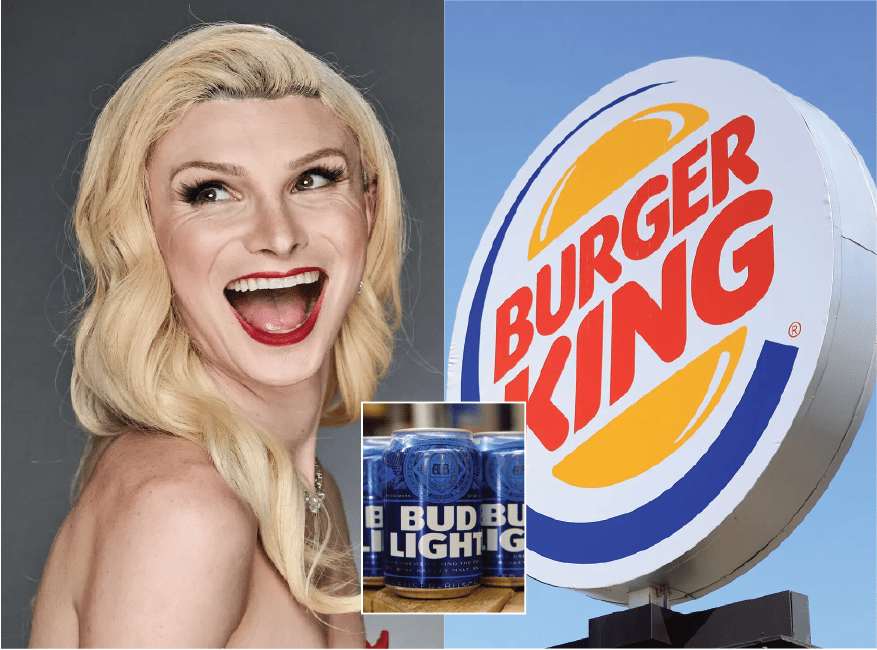The recent Bud Light controversy has sparked discussions around boycott movements and their impact. Unlike some politically motivated boycotts that have limited effects, the boycott against Bud Light has resulted in a notable drop in sales, causing the brand to lose its top-selling position in the U.S. However, it is important to note that boycotts often face challenges due to people’s self-interests outweighing political motivations.
Bud Light’s vulnerability in this situation can be attributed to the fact that light beer brands are generally perceived as similar in taste, making them more replaceable compared to other products or brands. Consequently, the boycotters can express their discontent without significant sacrifices. Modelo, the new top brand in the U.S., did not surpass Bud Light in terms of quality but capitalized on marketing opportunities to fill the void.
This situation raises questions about the nature of boycott movements and the motivations behind them. While it might seem logical for anti-woke protesters to be critical of a beer brand partnering with a transgender individual, it is less clear why they would rally behind someone accused of rape and sex uaI assauIt. Opposition to assaults against women should align with any political agenda, including conservative viewpoints.
Another brand that has faced recent calls for boycotts is Burger King, following their decision to pull ads from the Rumble podcast platform, which features Russell Brand, who faces multiple allegations of rape and sex uaI assauIt. The backlash against Burger King acting before any allegations have been proven in court highlights the complexities surrounding boycott movements and the potential for moral outrage without complete information.
Burger King’s situation demonstrates that while defending Brand may not gain substantial support, the brand itself is easily replaceable, making it susceptible to consumer backlash. Some individuals expressed their discontent with Burger King’s actions by vowing to boycott the brand and switch to competitors like McDonald’s or Wendy’s.
In conclusion, the Bud Light controversy and the subsequent boycott, along with the calls for a boycott against Burger King, highlight the multifaceted nature of boycott movements. These incidents illustrate the challenges and nuances associated with public opinion, brand loyalty, and the delicate balance between social issues and consumer choices.

Leave a Reply